Heliophysics Stories
Filters
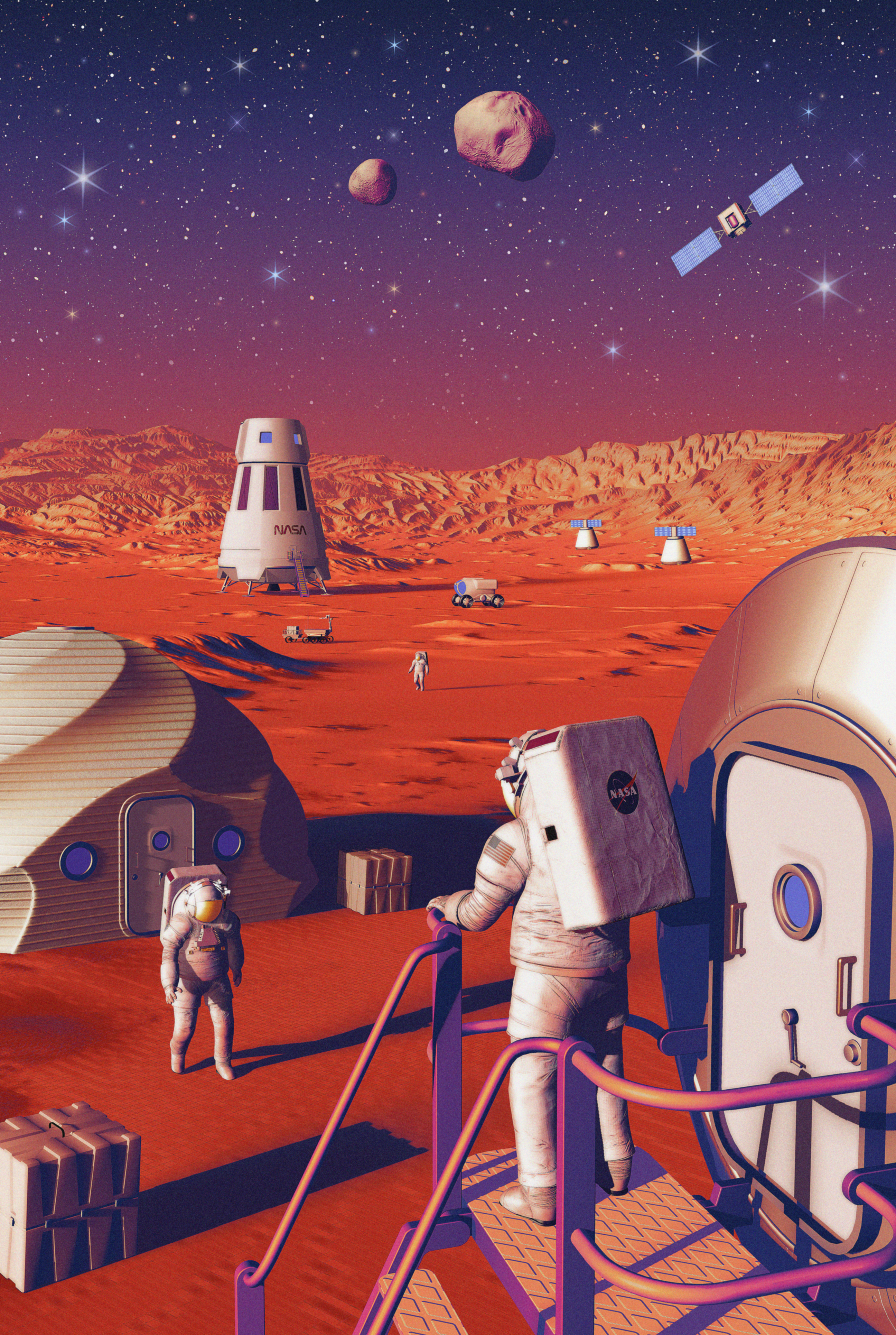
NASA is getting ready to send four astronauts around the Moon with Artemis II, laying the foundation for sustainable missions to the lunar surface and paving the way for human exploration on Mars. As the agency considers deep space endeavors…
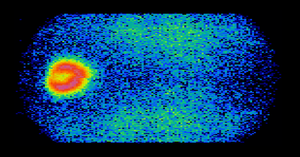
All 10 instruments aboard NASA’s newly launched IMAP (Interstellar Mapping and Acceleration Probe) mission have successfully recorded their first measurements in space. With these “first light” observations, the spacecraft is now collecting preliminary science data as it journeys to its…
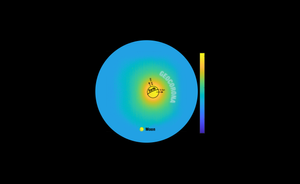
NASA’s Carruthers Geocorona Observatory has captured its first images from space, revealing rare views of Earth and the Moon in ultraviolet light. Taken on Nov. 17 — still months before the mission’s science phase begins — these “first light” images…
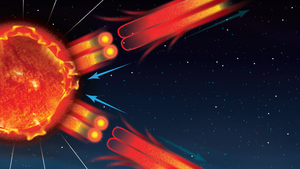
Images captured by NASA’s Parker Solar Probe as the spacecraft made its record-breaking closest approach to the Sun in December 2024 have now revealed new details about how solar magnetic fields responsible for space weather escape from the Sun —…
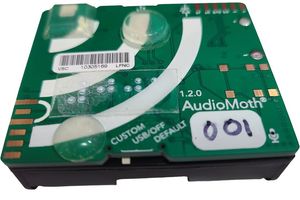
The NASA Science Activation project Eclipse Soundscapes (ES), led by ARISA Lab in Medford, Massachusetts, helps learners of all ages explore NASA science through multisensory learning and participatory science opportunities. In the weeks surrounding the 2023 annular solar eclipse and…

This article shows educators how comets help us learn about the Sun and Space Weather. Connected to educational resources that help K-12+ teachers explain solar wind and space science concepts in simple, engaging ways for students.
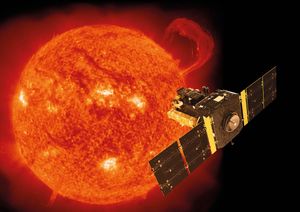
As ESA (European Space Agency) and NASA’s SOHO (Solar and Heliospheric Observatory) turns 30 on Tuesday, a lot has changed in how we understand our Sun and the space weather it creates since the mission’s launch. When the SOHO mission began on Dec.…
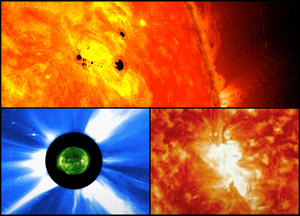
As the Sun enters a period of heightened activity, students now have a new way to explore its powerful effects on Earth and space. NASA’s Heliophysics Education Activation Team (NASA HEAT), in collaboration with My NASA Data, has released a…

This article was updated to include the full range of dates from the SOHO image. Lee esta historia en español aquí. NASA is in the midst of an unprecedented solar system-wide observation campaign, turning its spacecraft and space telescopes to…
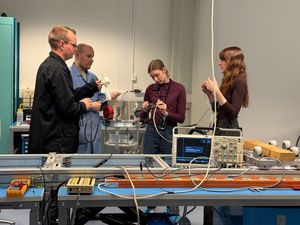
A NASA-sponsored team at the University of Iowa (UI) is restoring and advancing the nation’s capability to make high-fidelity magnetic field measurements needed to investigate space weather that can impact our communication and power grids on Earth and our assets…
























